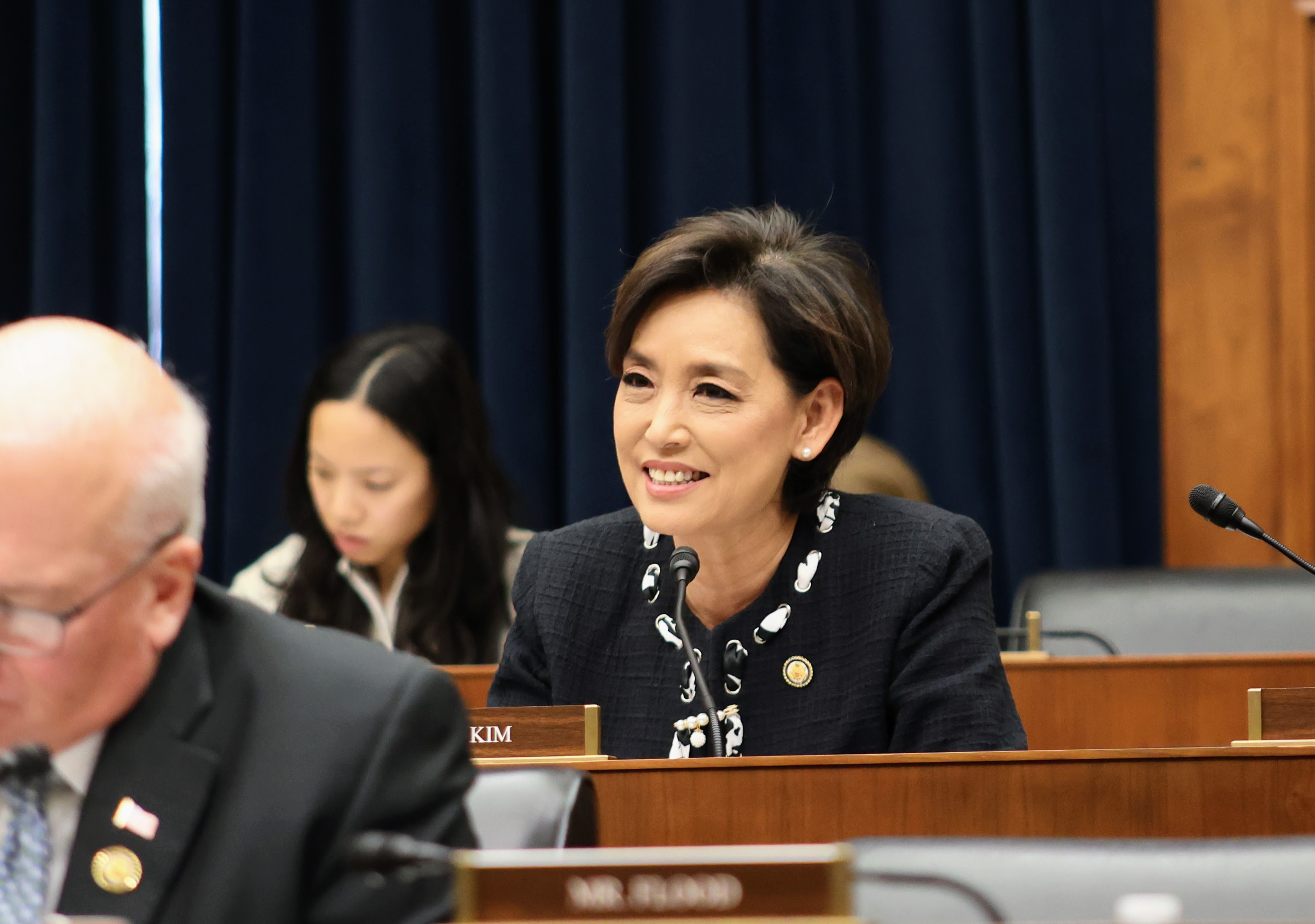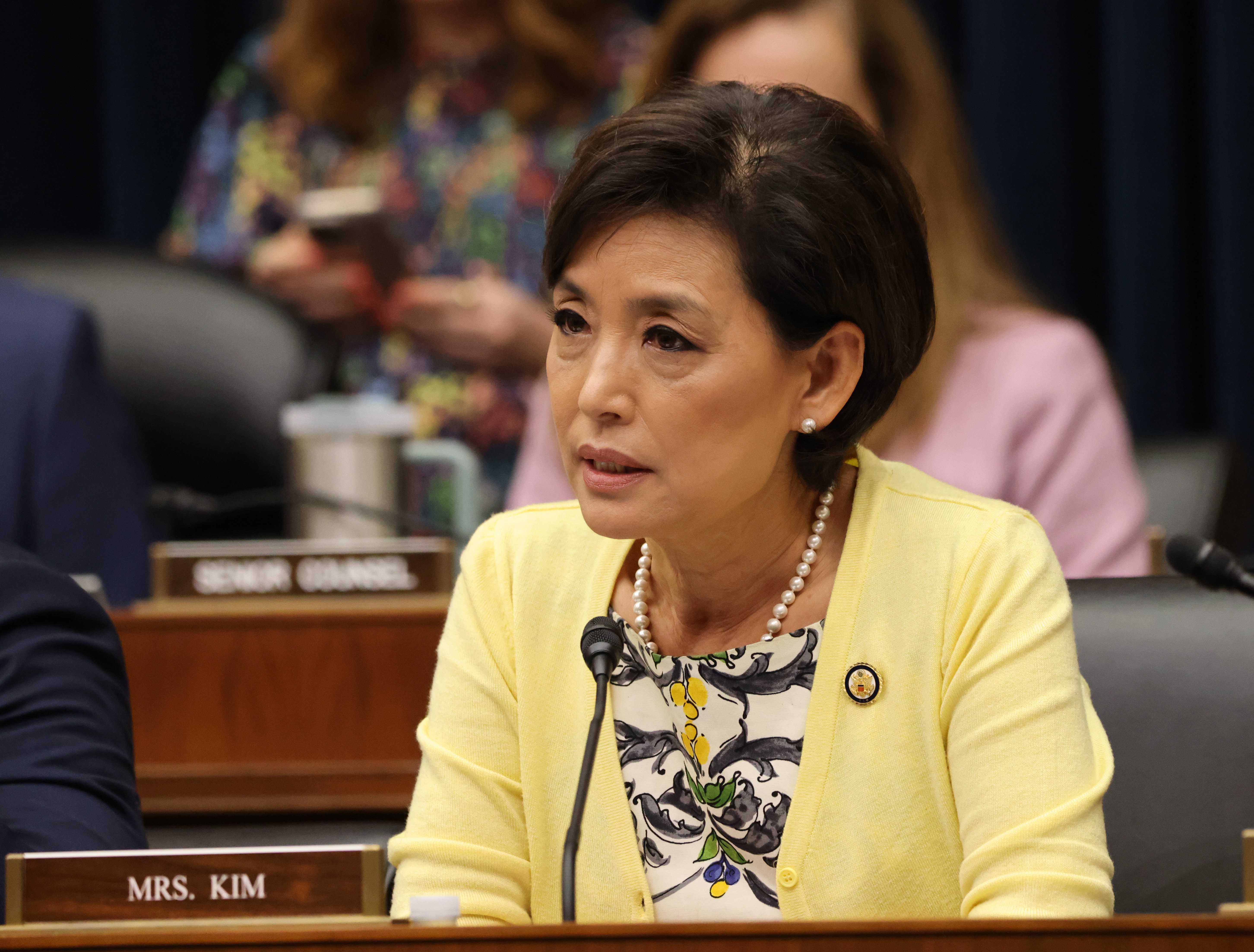Originally Published in Fox News on September 20, 2023
During a visit to the United States in 2016, Chinese Communist Party Chairman (CCP) Xi Jinping declared that China “does not intend to pursue militarization” and is “committed to maintaining peace and stability in the South China Sea.”
I just got back from the South China Sea, and Xi Jinping’s words could not be further from the truth.
The CCP is not done in the South China Sea. In fact, they are doubling down on militarizing outposts in the South China Sea, acting aggressively toward U.S. allies and partners, and repeating lies about its “ten-dash line” to claim ownership of the region.
The South China Sea is a strategic waterway which nearly $5.3 trillion worth of trade passes through annually, including $1.2 trillion trade between the United States and four of our top ten trading partners. The highly contested area includes competing claims to islands, reefs, and waterways by China, Brunei, Malaysia, the Philippines, Taiwan, and Vietnam.
As Chairwoman of the House Foreign Affairs Indo-Pacific Subcommittee, I led a bipartisan Congressional Delegation to the First Island Chain, including Thailand, the Philippines, and Indonesia. We saw and heard time and time again that the CCP is doubling down on unlawful claims and aggressive tactics to assert and expand its control of the region.
Just a week before our trip, the CCP’s Coast Guard used lasers to temporarily blind Philippine sailors and water cannons to stop Philippines Coast Guard ships from re-supplying Philippine marines at the Sierra Madre, a Philippines ship permanently stationed in the South China Sea to protect the Philippines’ claims to the Spratly Islands.
I flew on a mission with the U.S. Navy over the South China Sea and saw its congestion. Instead of open water, I saw civilian fishing fleets from Southeast Asian countries, patrols from the Philippine Coast Guard, and vessels from the People’s Liberation Army Navy and Chinese Coast Guard – by far the largest and most common vessels in the seas – all vying for the same water between reefs and islets.
Across the South China Sea, China has illegally dredged nearly 3,200 acres of new land and created many military outposts, including runways for military aircraft, isolated “research” platforms that can port vessels, and a constant China Coast Guard presence in waters that our allies claim.
The CCP’s presence is felt not just with their growing outposts, but also with their aggressive tactics. Our military and Philippine counterparts shared the unprofessional and unsafe ways that the CCP targets the Philippines, our important ally in the Indo-Pacific that we have a treaty with to defend.
From lasers, water cannons, and unsafe intercepts to aggressive language directed toward pilots, the CCP’s harassment appears to have no standards. What we heard on the ground echoes reporting we have seen from our own military at INDOPACOM about how People’s Liberation Army aircraft and vessels will fly or sail dangerously close to U.S. military aircraft or vessels.
Indonesia was no different. My counterparts described how the CCP conducts illegal and unregulated fishing activity in the South China Sea, damaging not only their surroundings but also the livelihoods of thousands of Indonesian fishermen and women.
The CCP aims to exert complete control over the South China Sea, and, as it grows its foothold in the region, our allies and partners are unable to effectively push back on their own while following a rules-based international order.
The efforts by allies and partners to stop the CCP’s activities using international law and legal mechanisms are met with the CCP blatantly ignoring or slow-rolling negotiations, lawful arbitration rulings, and other attempts to work through differences about contested waters.
For the United States to continue to lead on the world stage, push back on CCP aggression, and be able to promote peace from a position of strength, we must show up and support our allies and partners in the South China Sea. This directly ties into our national security, our allies, global trade, supply chains, and international law.
Congress must tackle these unlawful behaviors head-on, and I am committed to working with my colleagues in Congress and counterparts from allied nations to finding real solutions. This includes support for more maritime domain awareness, more joint patrols in the region, stronger economic ties with Southeast Asian nations, and calling out unlawful behavior. The administration must be held accountable to promises made to allies, show up to key engagements, and stop sidelining Congress for fruitless meetings with Beijing that yield no progress.
The CCP’s voyage toward world dominance sails through the South China Sea, and I refuse to let United States give the CCP the green light.




